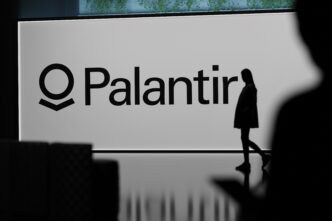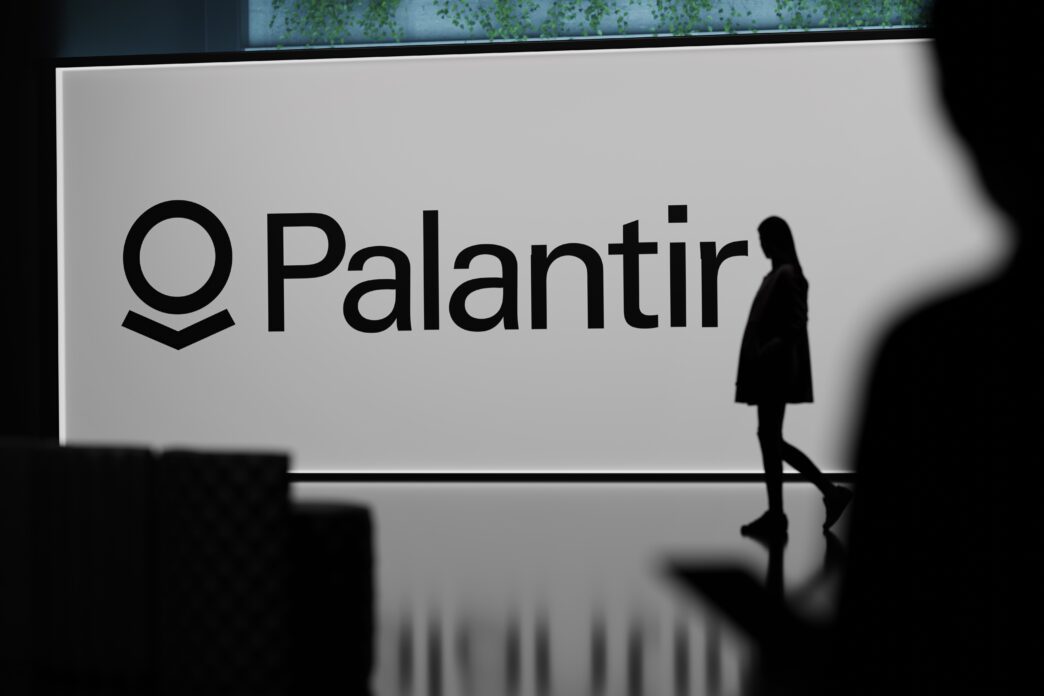Executive Summary
The Story So Far
Why This Matters
Who Thinks What?
The U.S. stock market experienced a notable downturn this week, primarily driven by the disclosure of bearish bets made by prominent hedge fund manager Michael Burry on artificial intelligence (AI) leaders Nvidia and Palantir Technologies. Burry’s firm, Scion Asset Management, revealed in a Securities and Exchange Commission (SEC) filing that it had acquired put options against both companies during the third quarter. While the market saw significant declines earlier in the week, shares of Nvidia and Palantir showed signs of stabilization by Friday.
Market Reacts to Burry’s Bets
The S&P 500 index declined by approximately 1.6% this week, while the tech-heavy Nasdaq Composite dropped about 3.0%. The Dow Jones Industrial Average also fell over 1%. This marked the Nasdaq Composite’s most significant weekly decline since April, when investors reacted to President Donald Trump’s announcement of “reciprocal tariffs.”
The primary catalyst for this week’s market volatility appeared to be the revelation of Michael Burry’s bearish positions. His firm’s SEC Form 13F filing on Monday, after market close, triggered a market-moving reaction starting on Tuesday.
Details of Bearish Positions
Burry’s Scion Asset Management purchased 1 million Nvidia put options, with the underlying stock valued at $186.6 million at the end of the third quarter. His bearish stance on Palantir was more substantial, involving 5 million put options with an underlying stock value of $912.1 million. These positions were established through the purchase of put options, which are options contracts that give the holder the right to sell an asset at a specified price, indicating a bet on a stock’s decline.
SEC Form 13F filings, which fund managers are required to submit 45 days after the end of each quarter, disclose investment holdings but do not provide granular details such as transaction dates, option costs, or expiration dates for contracts.
The “Burry Effect”
Michael Burry is widely recognized among investors for his successful prediction and profitable shorting of the market prior to the 2007-2008 financial crisis, which led to the Great Recession. This historical precedent contributes to why his investment disclosures, particularly bearish ones, can significantly influence market sentiment and stock movements.
AI Stocks Stabilize
Following the news, shares of AI semiconductor leader Nvidia fell 7.1% this week, while Palantir, an AI-driven data analysis platform operator, saw its shares decline by 11.2%. Both stocks experienced significant drops from Tuesday through Thursday, with Nvidia falling 9.1% and Palantir 15.5% during that period.
However, both stocks showed signs of recovery on Friday. Nvidia stock closed essentially unchanged, while Palantir shares gained 1.6%. This stabilization suggests that the immediate impact of Burry’s filing, often termed the “Burry effect,” may have largely dissipated.
Investor Considerations
Market observers suggest that investors should carefully evaluate the significance of such disclosures. While the actions of high-profile hedge fund managers can create short-term market movements, the long-term fundamentals of companies like Nvidia and Palantir remain critical for investment decisions.







